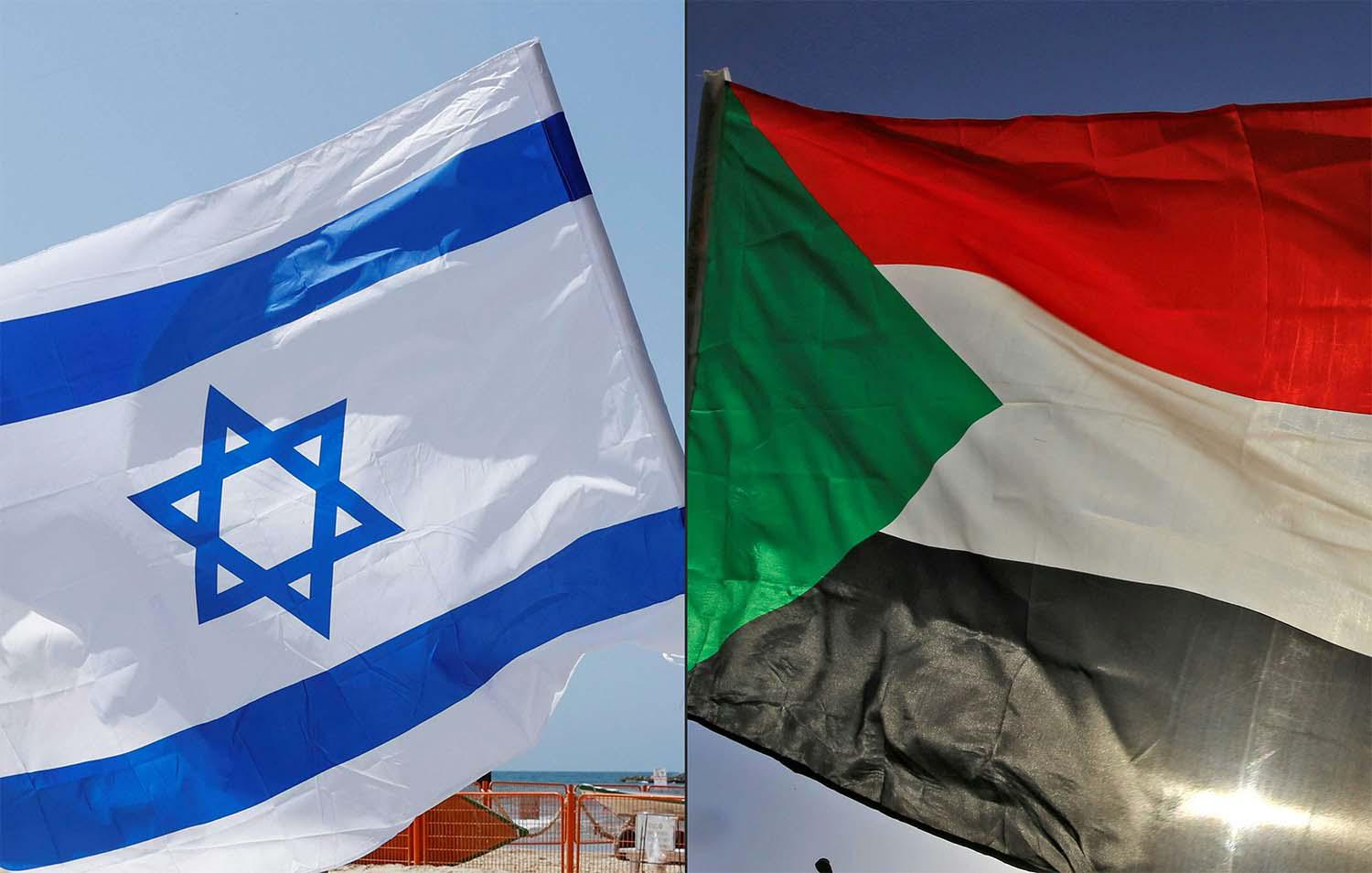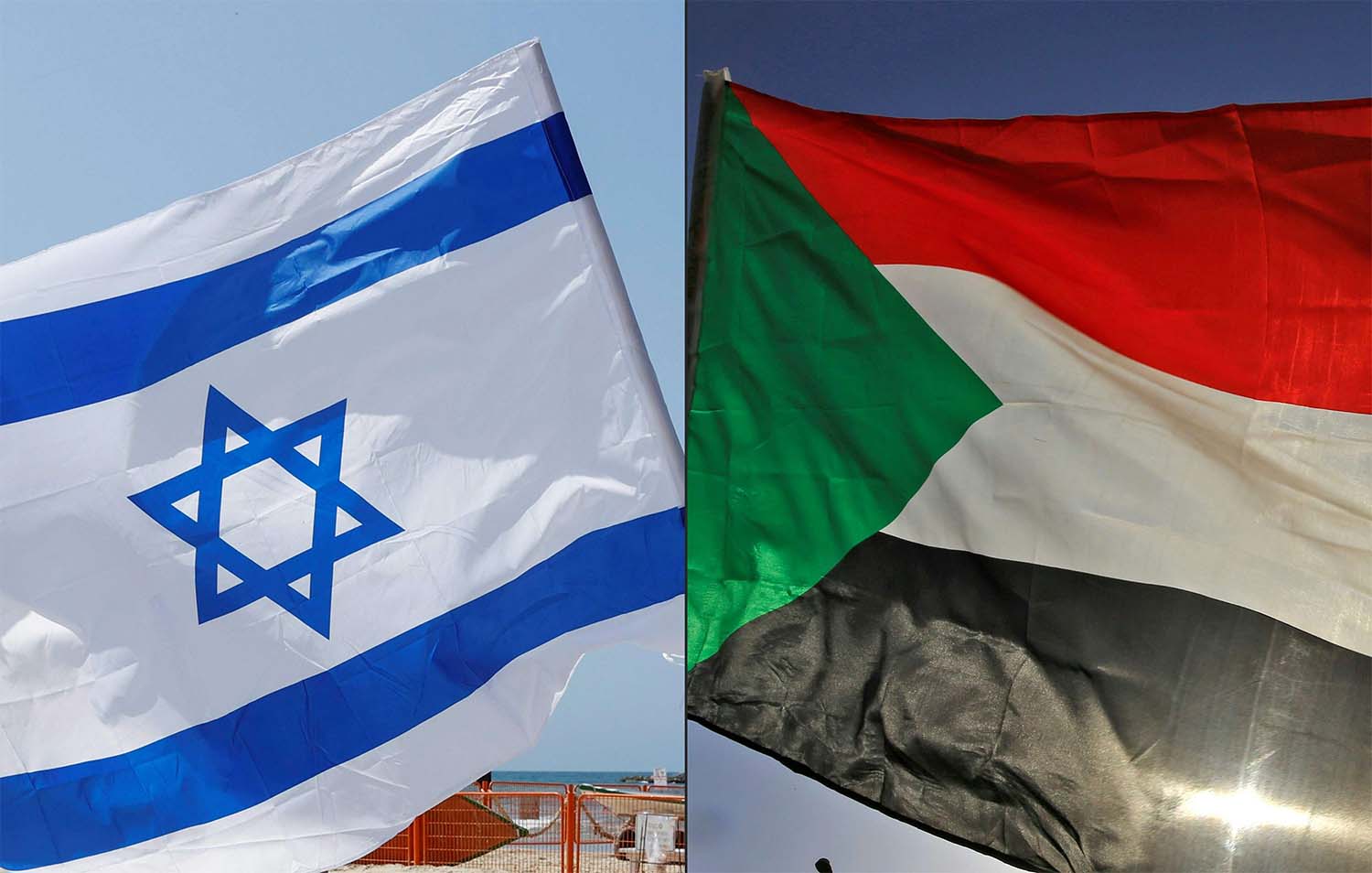Sudan unveils steps to normalise ties with Israel
KHARTOUM - Sudan and Israel will discuss agreements to cooperate on trade and migration issues in the coming weeks, the Sudanese foreign ministry said on Sunday, signalling steps to implement a normalisation pact after decades of hostilities.
Israel for its part said it will send wheat worth $5 million to "our new friends of Sudan", Prime Minister Benjamin Netanyahu's office tweeted.
The US-brokered accord made Khartoum the third Arab government after the United Arab Emirates and Bahrain to establish relations with Israel in the last two months, and only the fifth since 1948.
But prominent political factions in Sudan have rejected the accord. Some Sudanese officials have said it should be approved by a transitional parliament that has yet to be formed over a year after mass unrest ousted Islamist autocrat Omar al-Bashir.
Khartoum's foreign ministry said Sudanese and Israeli delegations would meet in coming weeks to negotiate deals for agriculture, aviation, trade and migration. It gave no details or timeframe for the talks.
The normalisation deal is sensitive in Sudan, formerly a hardline critic of Israel, dividing opinion among military and civilian leaders heading a post-Bashir transition.
The Sudanese premier wants approval from a yet-to-be formed parliament to proceed with a broader, formal normalisation, and that may not be a quick process given civilian-military differences over the opening to Israel.
It remains unclear when the assembly will be constituted as part of the transition towards free elections.
Sudan has received the first batch of wheat of a grant from the UAE, amounting to 67,000 tonnes, state news agency SUNA said.
Sudan has received an initial cargo of 67,000 tonnes of wheat in aid from the United Arab Emirates to be allocated to mills in Khartoum and other states, state news agency SUNA said on Sunday.
SUNA also said that it was in talks with the U.N. World Food Programme (WFP) for another shipment of 40,000 tonnes of wheat.






